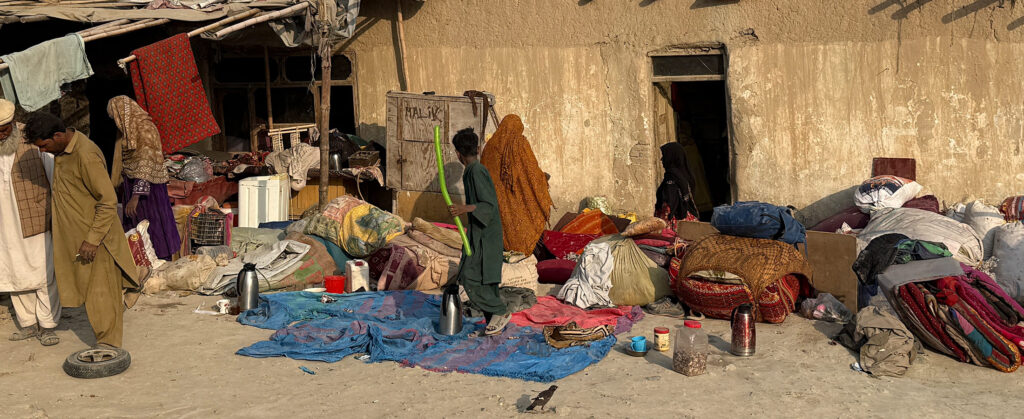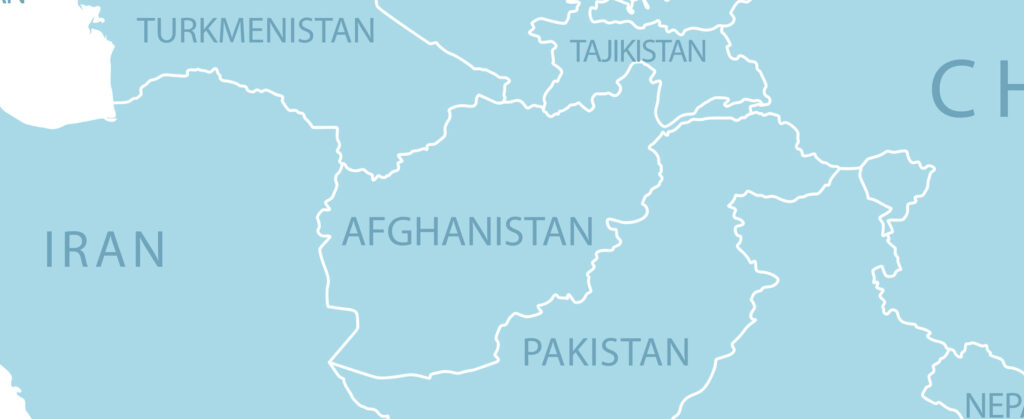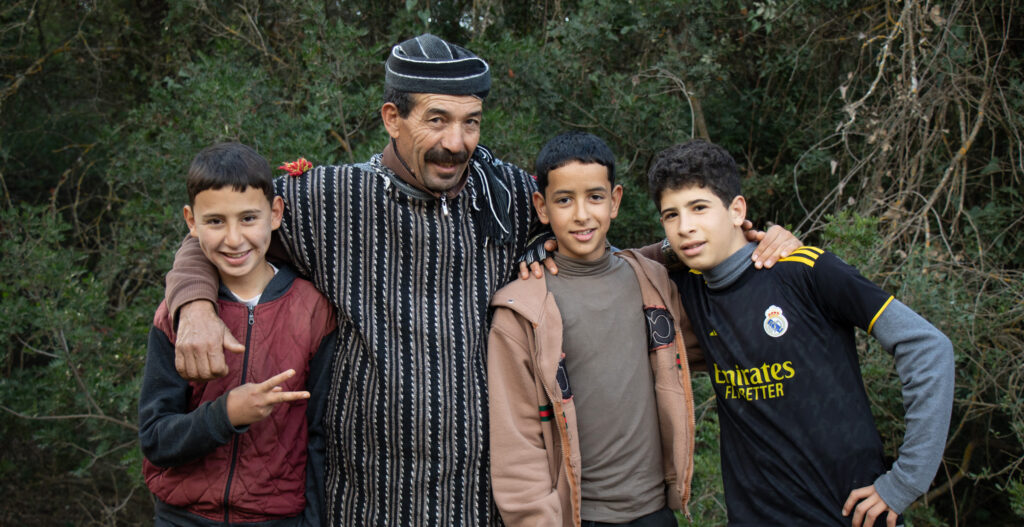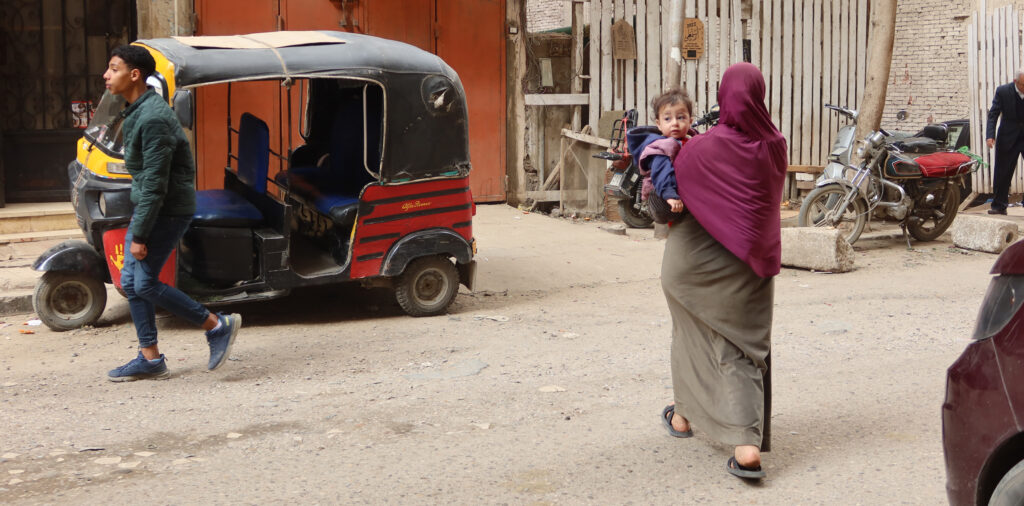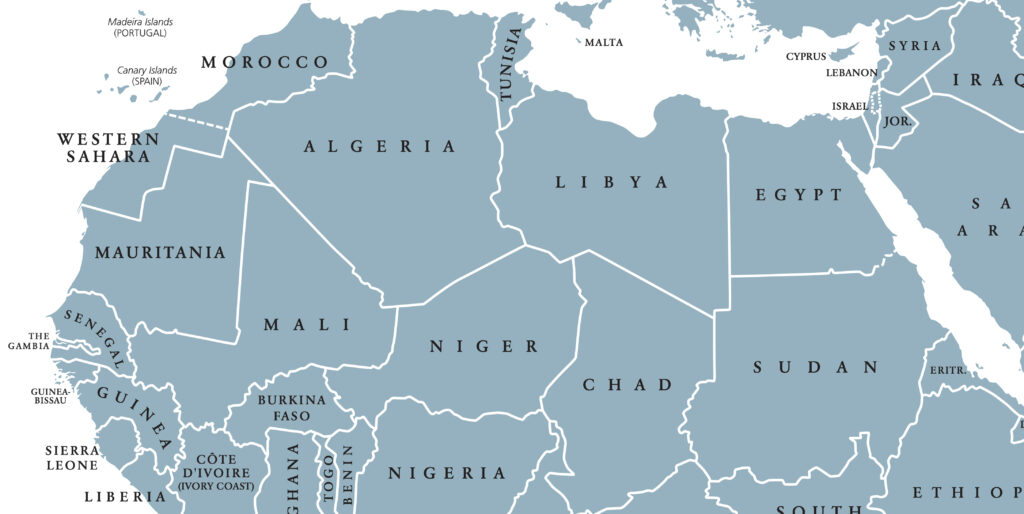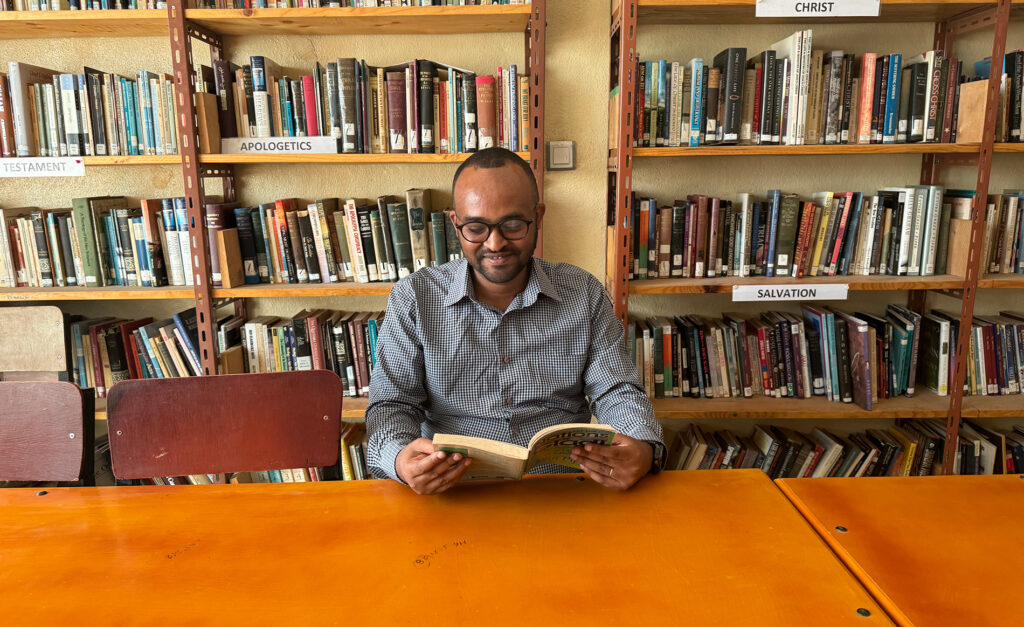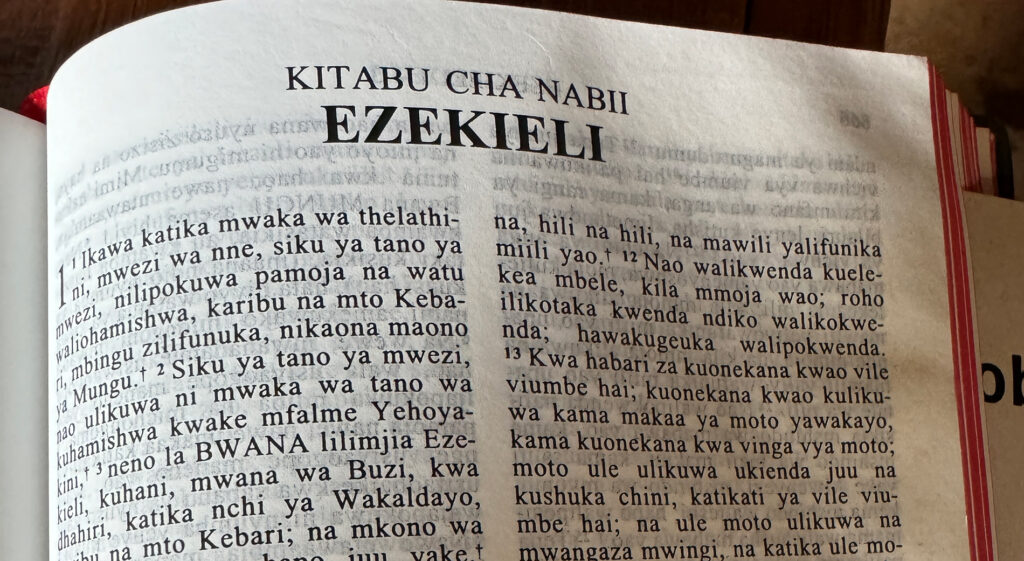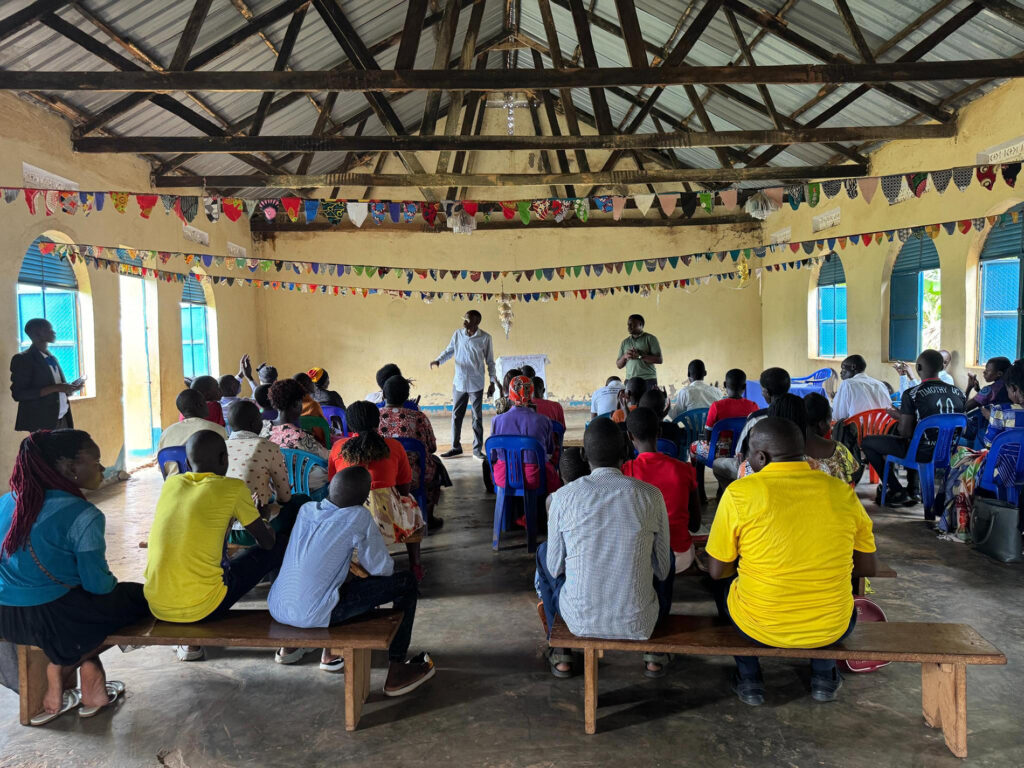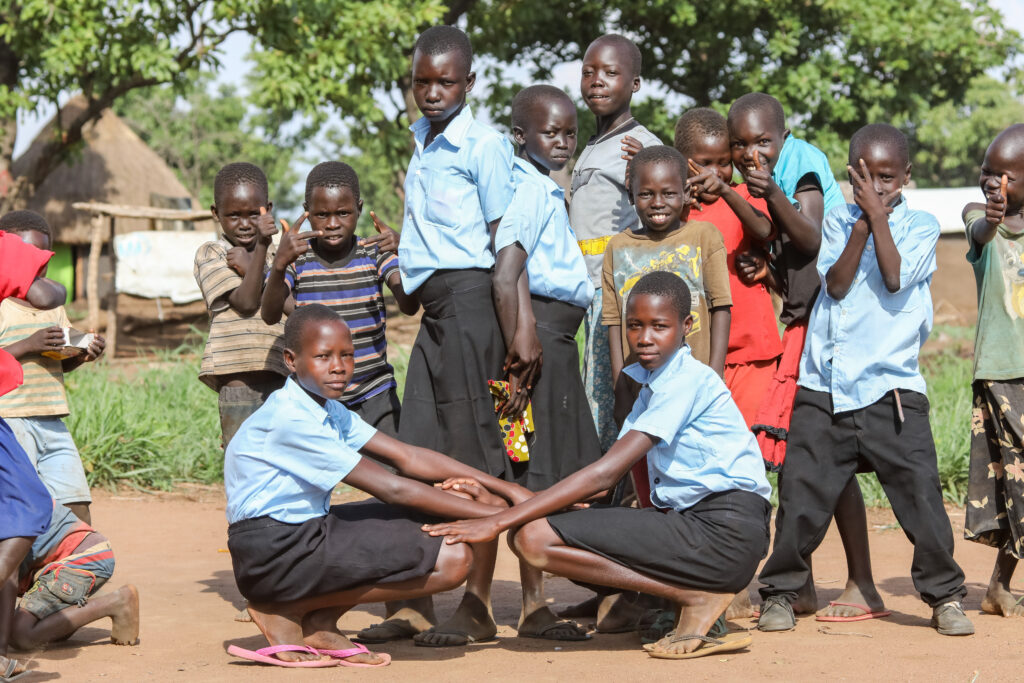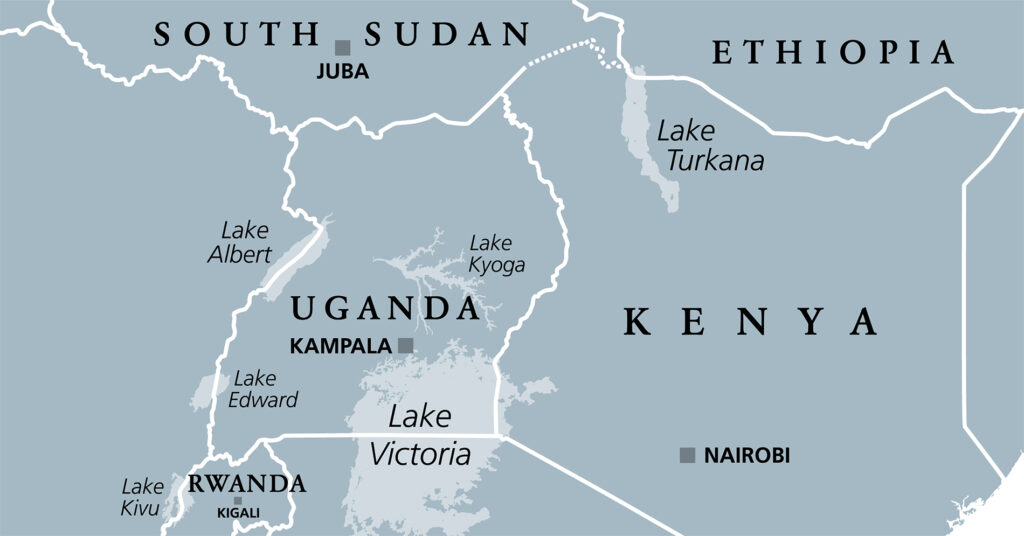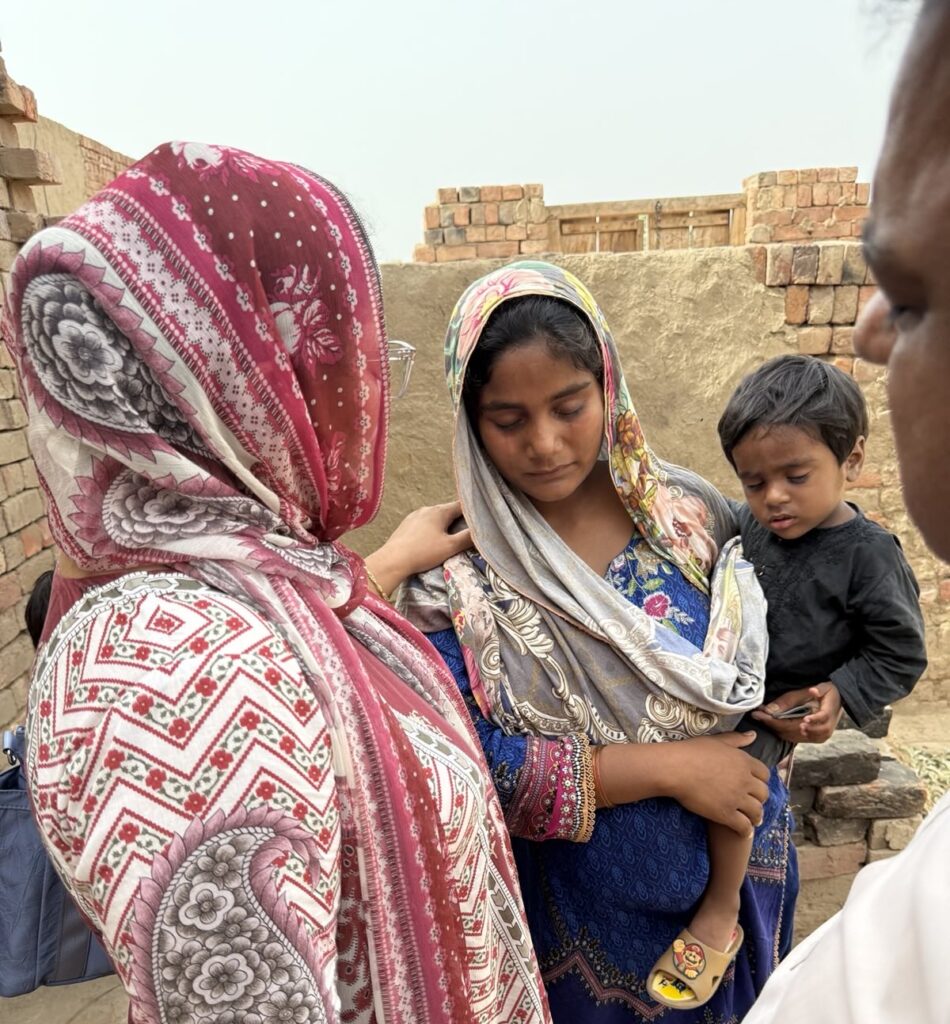LAHORE, Pakistan, February 16, 2021 (Morning Star News) – Police in Lahore, Pakistan have charged two Christians with blasphemy after Muslims objected to their Bible study in a park, the attorney for one of the accused said.
Haroon Ayub Masih, 26, and friend Salamat Mansha Masih, about the same age, were studying the Bible in Lahore’s Model Town Park on Saturday (Feb. 13) when a group of Muslims approached and told them they should not read the Bible in public, attorney Aneeqa Maria of The Voice Society said.
When Haroon Masih told them that reading the Bible in public was not a crime in Pakistan and that they had no right to stop them, the Muslims began questioning them about their Christian faith and asked if they had any reading material to help them understand the Bible, Maria said.
“On their insistence, Haroon gave them a Christian book entitled, ‘Zindagi Ka Paani’’ or ‘Water of Life,’” said Maria, who represents Haroon Masih. “The youths took the book and left Haroon and Mansha for the time being.”
Haroon Masih returned home a few minutes later, while Mansha Masih remained in the park, she said.
“A few minutes later, the Muslim youths returned to the spot where Mansha was present and attacked him, claiming that he and Haroon had blasphemed against their prophet,” Maria told Morning Star News. “They also summoned the park’s security and lied to them that the two Christians were evangelizing to Muslims in the park and had used derogatory words for the Koran and the prophet [Muhammad].”
Maria said someone from the group of Muslim friends, which was led by Haroon Ahmed, then called the Tehreek-e-Labbaik Pakistan (TLP), a far-right Islamist political party reportedly behind most blasphemy cases against Christians and the Ahmadiyya, a sect originating in Islam that Muslims repudiate. A TLP co-founder, Muhammad Afzal Qadri, called for the death of three Supreme Court justices involved in the 2018 acquittal of Christian Aasiya Noreen (Asia Bibi), who had been wrongly convicted of blasphemy and condemned to death.
TLP leaders arrived, and under their pressure police registered a case against the two Christians for derogatory remarks against Muhammad (Section 295-C of the Pakistan Penal Code), punishable by death; defiling the Koran (Section 295-B), punishable by imprisonment for life and fine; and deliberate and malicious acts intended to outrage religious feelings (Section 295-A), punishable by up to 10 years in prison and a fine, Maria said. The complainant is listed as Haroon Ahmed.
“Mansha was taken into custody from the spot, while we have managed to obtain pre-arrest bail for Haroon Masih till Feb. 24,” she said. “Haroon and Mansha were not preaching to the Muslims as alleged in First Information Report [FIR] No. 61/21. In fact, they were reading the Bible and discussing it amongst themselves when a group of Muslim boys, including Ahmed, overheard them and objected to their Bible study.”
She said both Christians come from poor families, and Haroon Masih’s family has had to go into hiding out fear for their safety.
“Haroon will now join the investigation and record his statement with the police,” she said.
The case comes after a Christian nurse was charged with blasphemy in Karachi on Jan. 29 under pressure of an Islamist mob hours after police had dismissed the accusation against her. Staff members of the Sobhraj Maternity Hospital in Karachi on Jan. 28 slapped, beat and locked nurse Tabeeta Nazir Gill, 42, in a room after baselessly accusing her of blaspheming Islam, sources said.
Police had questioned and released Nazir Gill after concluding that the accusations against her were false and based on a co-worker’s personal vendetta, but a Muslim mob later besieged the police station when the complainant called on Muslim leaders to mobilize them. Nazir Gill and her family have gone into hiding since the registration of the FIR.
False Allegations
False accusations of blasphemy in Pakistan are common and often motivated by personal vendettas or religious hatred. The highly inflammatory accusations have the potential to spark mob lynchings, vigilante murders and mass protests.
Many of those accused of blasphemy never reach the courtroom; violence has killed 62 accused people since 1990, with few prosecutions. Lawyers defending those charged with blasphemy, presiding judges, and individuals speaking against the law are also targeted.
In Pakistan 24 Christians are in prison due to blasphemy charges. They are defendants in 21 blasphemy cases at various levels of the judicial process.
With no presumption of innocence in Pakistan, anyone accused of blasphemy can be jailed, often for years, while those who make false allegations go unpunished. In 2018, a Senate Special Committee on Human Rights and the Islamabad High Court had recommended that those making false blasphemy accusations be given the same punishments as those for blasphemy convictions, but the government dismissed the recommendation. The recommendation also stated that anyone registering a blasphemy case at a police station must bring two witnesses.
While punishment for blasphemy ranges from several years in prison to death in Pakistan, a person making a false accusation faces potential punishment of only six months in prison or a fine of 1,000 rupees (US$6). Successive governments have acknowledged that the blasphemy laws are blatantly misused, but little effort has been made to stop the abuses.
Rights activists say it’s unlikely that any government will move to repeal or amend the blasphemy laws due to fierce Islamic religious sentiments in the Muslim-majority country. They say Pakistani authorities must be urged to immediately implement effective procedural and institutional safeguards at the investigative, prosecutorial and judicial levels to prevent abuse of these laws.
The U.S. State Department on Dec. 7 re-designated Pakistan among nine other “Countries of Particular Concern” for severe violations of religious freedom. Previously Pakistan had been added to the list on Nov. 28, 2018. The other countries on the list are Burma, China, North Korea, Eritrea, Iran, Nigeria, Saudi Arabia, Tajikistan and Turkmenistan. Sudan and Uzbekistan were removed from the department’s Special Watch List due to improvements in their religious rights records.
Pakistan ranked fifth on Christian support organization Open Doors 2021 World Watch list of the 50 countries where it is most difficult to be a Christian.

